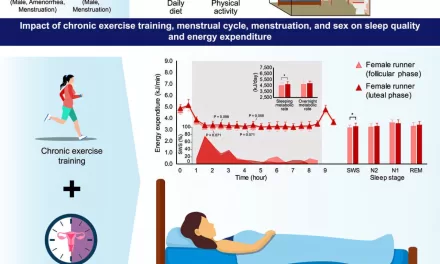January 2025 – Rockefeller University researchers are pioneering a breakthrough in the understanding and treatment of fibrolamellar hepatocellular carcinoma (FLC), a rare and aggressive liver cancer that primarily affects children, adolescents, and young adults.
FLC is notoriously difficult to diagnose and treat. Its symptoms can vary significantly from person to person, often leading to misdiagnosis or delayed detection until the disease has already spread. The cancer is resistant to conventional treatments used for other types of liver cancer, and existing therapies can even be harmful to FLC patients. However, new findings emerging from Rockefeller University’s Laboratory of Cellular Biophysics, led by Sanford M. Simon, are offering new hope.
The research team has uncovered a distinctive molecular “signature” that sets FLC apart from other liver cancers, which could pave the way for improved diagnostics and more effective treatments. According to David Requena, a senior researcher and lead author of the study, “Identifying which molecular changes characterize FLC is an important step to understanding how it arises and evolves, which may reveal potential therapeutic targets.”
This research, published in Nature Communications, comes at a crucial time as the laboratory has just launched a clinical trial testing a promising combination of two drugs—DT2216 and irinotecan—previously shown to be effective against FLC. This trial, supported by the Children’s Oncology Group and the National Institutes of Health, aims to offer a new avenue of hope for FLC patients.
The Origins of FLC: A Genetic Insight
The discovery of FLC’s molecular mechanisms dates back to 2014, when Simon’s team, in part led by Simon’s daughter Elana, who had been diagnosed with FLC, identified a genetic fusion involving the DNAJB1 and PRKACA genes. This fusion, caused by a small deletion in chromosome 19, was found to result in an overproduction of PRKACA, a protein that wreaks havoc on cells by disrupting their normal functions.
Recent findings have built on this discovery, with the researchers focusing on how the imbalance of PRKACA proteins in FLC tumors leads to the unique characteristics of the cancer. By analyzing a vast dataset of multiomics sequencing from 1,412 liver cancer tumors, the team identified 301 genes whose expression differs in FLC compared to other liver cancers. Of these, 35 genes were highly specific to FLC, and may provide new targets for diagnosis and treatment.
Simon’s team also found that tumors with similar molecular changes to FLC, even when occurring in non-hepatic tissues, exhibited the same transcriptomic signature, opening the door to potential treatments for other cancers that share this molecular profile.
A Clinical Trial with Promising Results
Building on these insights, Simon’s lab has initiated a clinical trial that pairs two cancer-fighting drugs: DT2216, which targets a specific protein crucial to cancer cell survival, and irinotecan, a chemotherapy drug. Early research had suggested this combination could significantly benefit FLC patients.
Simon’s laboratory is also part of an international effort to develop even more targeted therapies. Through the Cancer Grand Challenge initiative, researchers are exploring ways to break down the PRKACA fusion protein, which could offer a new strategy for treating not only FLC but other cancers with similar molecular profiles, such as Ewing sarcoma, neuroblastoma, and rhabdomyosarcoma.
The ongoing work highlights the promise of precision medicine, where deep molecular insights into rare diseases lead to tailored therapies that could benefit a broader range of cancers.
A Step Toward a Brighter Future
While FLC remains a rare and difficult-to-treat cancer, the recent discoveries and ongoing clinical trials mark significant progress. “Our hope is that by focusing on this rare disease, we can make rapid advancements not only in FLC but also in other cancers and diseases caused by malfunctioning proteins,” Simon said. “The new findings offer the promise that these insights can be translated to other cancers and illnesses.”
As researchers continue to build on their groundbreaking work, FLC patients and their families hold out hope that these new therapies could drastically improve survival rates and quality of life.












